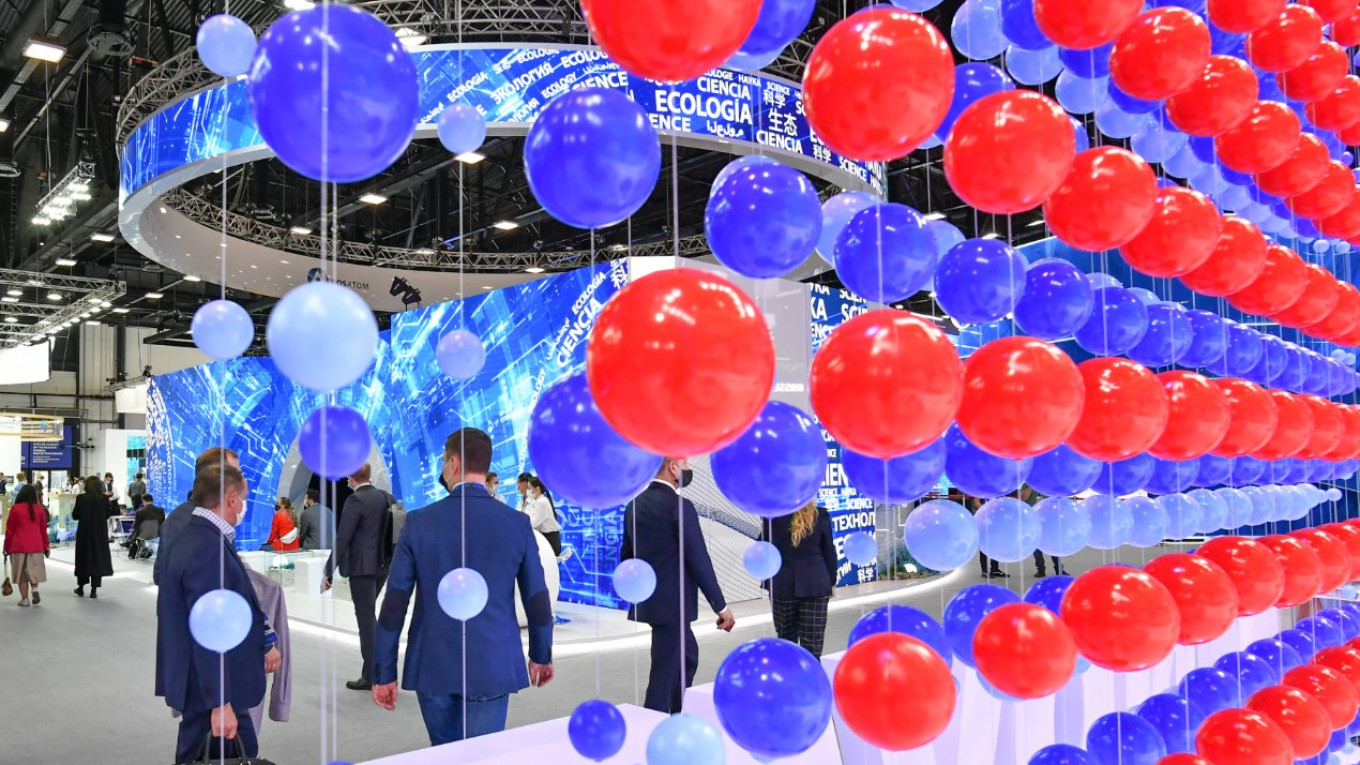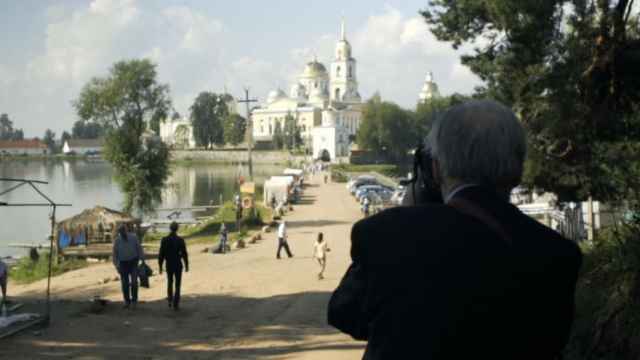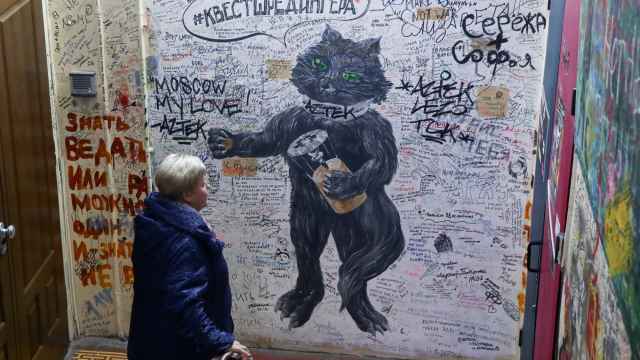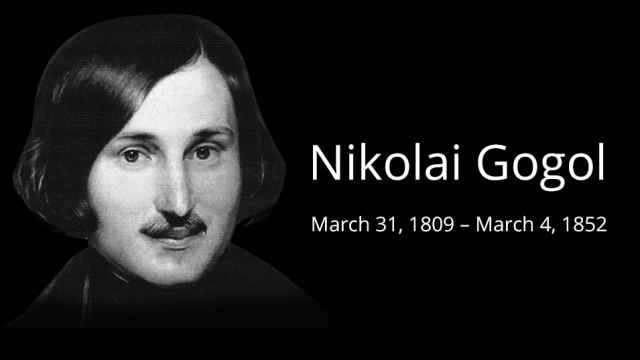Creative industries, culture and the arts found themselves in the spotlight of the St. Petersburg International Economic Forum (SPIEF) this year. For the first time in the history of the forum, the event incorporated a special Creative Business Forum, featuring more than 200 speakers representing leading museums, galleries, arts fairs, cultural foundations from Russia and beyond.
According to Art Basel x UBS Global Market Research-2020, the art market has become a global industry with an annual turnover of around $50 billion. Does any Russian city have the potential to become an international art hub of the caliber of New York or Hong Kong — a place that plays host to premier art events, where new trends emerge and multi-million-dollar deals are made?
It requires much more than a booming arts calendar: a stable economy, a thriving and diverse creative scene and a developed infrastructure catering to artists, galleries and collectors alike.
Is the Russian capital up to the challenge?
“The creative industries currently account for 4.6% of Russia’s GDP... in Moscow the figure is even higher — around 10%.”
- Svetlana Chupsheva, general director, Agency for Strategic Initiatives
The architecture of art
Sergei Kuznetsov, Moscow’s chief architect, thinks it is. “There is hardly any other city globally that is giving such priority and attention to its cultural landscape and agenda, where so many arts infrastructure projects are being built at the same time," he said at SPIEF. “Take, for example, the New Tretyakov Gallery on Krymsky Val, the Pushkin State Museum of Fine Arts massive reconstruction project, or the new arts center in Kommunarka, which will be a hub for several new galleries. And there is also a new edu-tainment cluster at VDNKh, and the Zaryadye Concert Hall, to name a few. New venues are literally emerging as we speak.”
But not everyone in the arts believes there is enough. Sabina Shagina is a co-founder of the Artmosphere Biennale of Street Art and curator of the urban art section of the Winzavod Foundation for the Support of Contemporary Art. She said that street art now has a vivid presence in Moscow, yet it comes to town "on tour" in festivals. “This art, which is essential for a liveable urban environment, has still not secured a permanent place in Moscow," Shagina said. “This is partly due to a lack of transparent, up-to-date and coherent legislation. Protecting the historical heritage is a noble task, but there has to be space in the city and its public places for new art.”
Shagina called for incorporating public art in new urban projects at the planning stage. “It is much more difficult to integrate an arts project into a square or an embankment or a park when it has already been completed."
Sofia Protsenko, the founder of the Winzavod Center for Contemporary Art, and a member of the Civil Chamber of Moscow, has been supporting young artistic talent for more than 15 years. In her opinion, Moscow has a huge potential as an international art hub, but it has yet to be fulfilled.
“It’s certainly true that a lot has changed,” she said. “An infrastructure has emerged that helps up-and-coming talent flourish and get noticed. There is also a wealth of educational programs and funding schemes,” she said. “When we started, there were maybe several dozen promising Russian artists, but these days there are easily a thousand.”
“However,” she continued, “Moscow has to become a place where the biggest international art galleries, auction houses, and collectors have a prominent and constant presence, and this is yet to happen.”
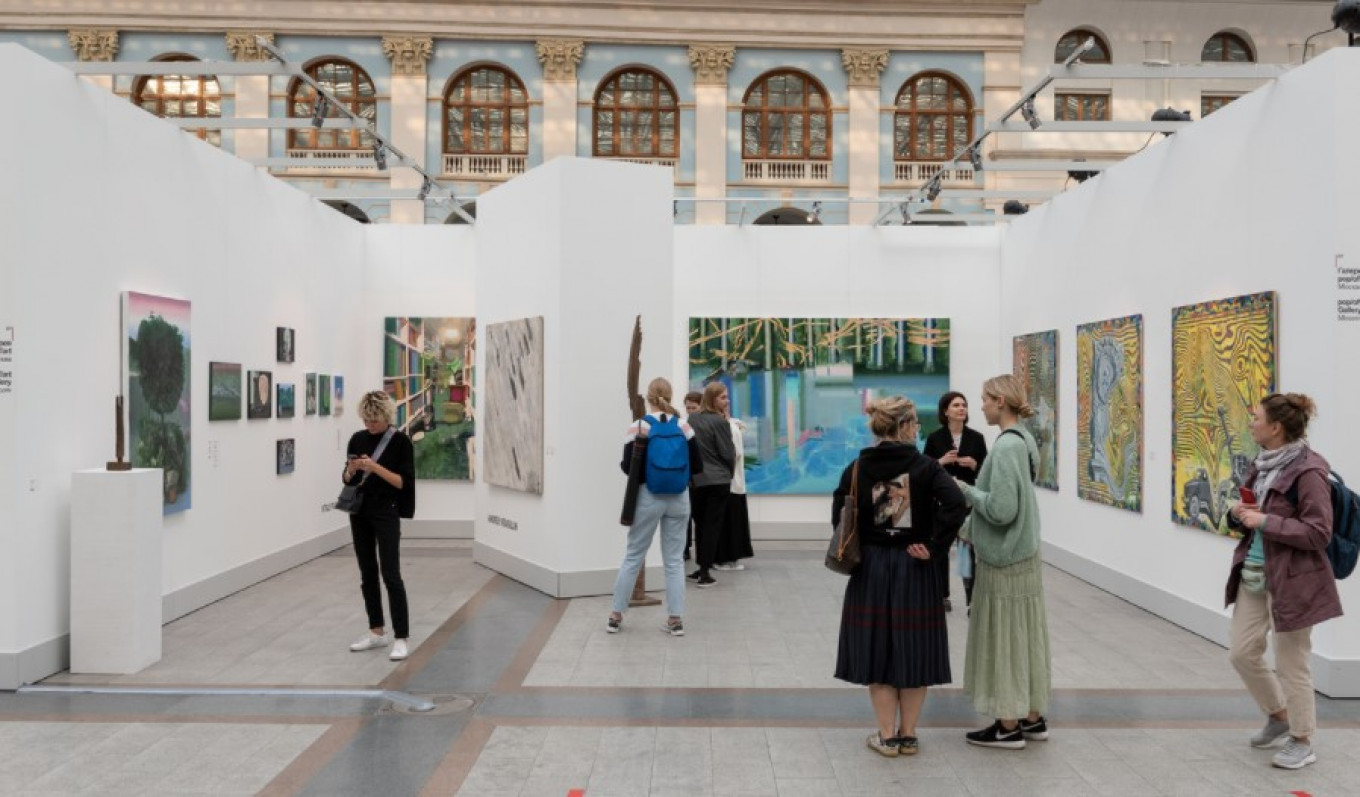
Not by arts alone
Can Moscow’s premier contemporary art fair, Cosmoscow, serve as a magnet? Yes, according to the fair’s art director, Simon Rees, who made international headlines in 2019 when he declared that Moscow was the new London. Cosmoscow has, in fact, garnered international attention, especially in Europe where galleries and collectors are on the constant lookout for new markets and places for expansion.
“The European gallerists know their home scenes so well and they are hungry to find something new, and we hope that this is presented in Cosmoscow,” Rees said.
But it's not just good art that is the draw. “You can come to Russia now and eat and drink and dance and be surrounded by great design, which are all value-added elements appealing to international people,” Rees said. “They want to have a great art experience…and then go out in the evening or in the late afternoon and enjoy the best of life. Joi de vivre has arrived in Russia.”
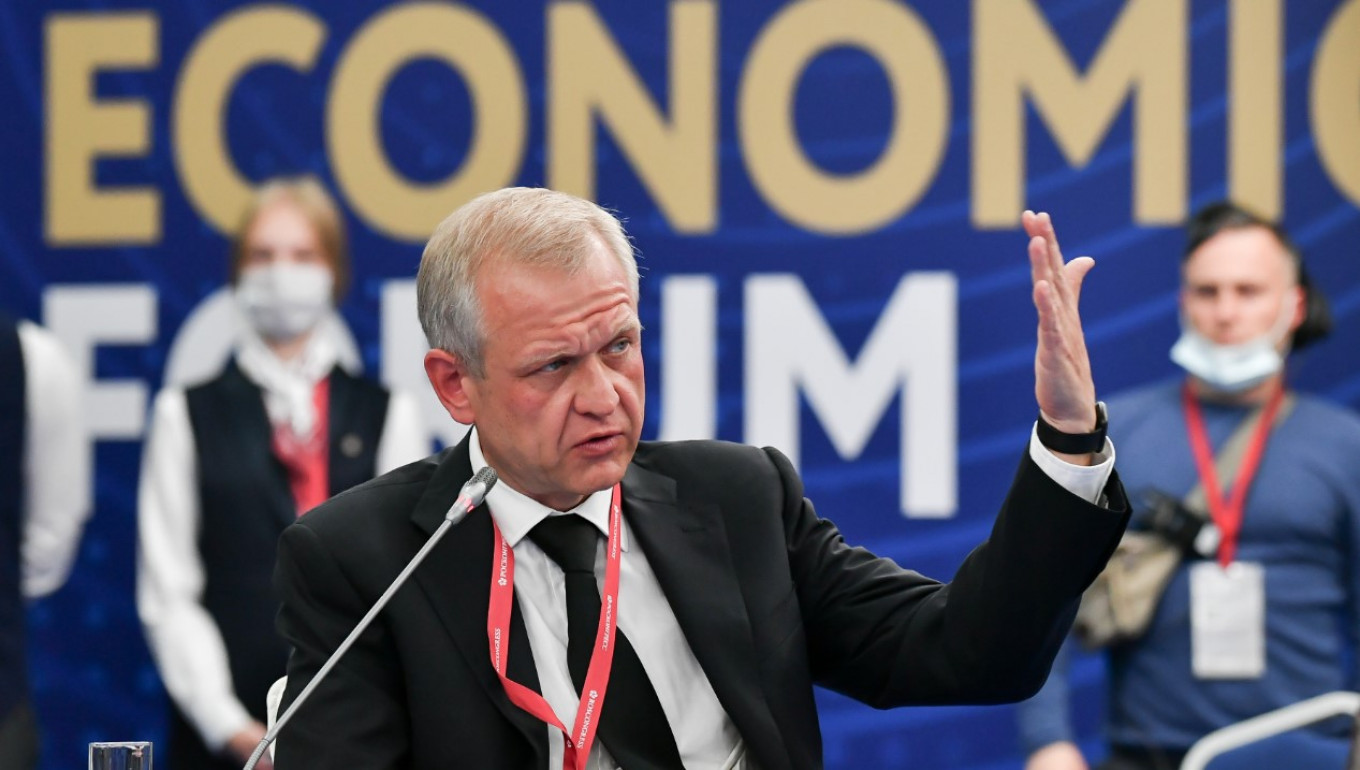
Created in Russia™
Svetlana Chupsheva, general director of the Agency for Strategic Initiatives (ASI), has the figures to show that the creative economy is indeed on the rise in Russia. “The creative industries currently account for 4.6% of Russia’s GDP. That compares well with the average European figures,” she said. “The figures are even higher in Moscow — around 10%.”
Russia is traditionally renowned for its rich cultural heritage, and the talents and skills of its craftsmen are legendary, from stone-carvers to lace-makers. But what Russian products are in demand internationally today? In the new world, where cities are being transformed from ‘factories of goods’ into ‘factories of talent’ and heritage and cultural diversity are becoming a critical resource like oil and gas, the experts at SPIEF pin their hopes first and foremost on animation and filmmaking.
Yuliana Slashcheva, chairman of the Soyuzmultfilm Film Studio and the Russian Animated Film Association and general director of Gorky Film Studio, said that Russia produces animated content for the global market that is both very appealing and universally understood. “Russian studios have been making more animated films where dialogue is replaced with physical gags,” she said. “The ‘Masha and the Bear’ cartoons are one of the most striking examples.”
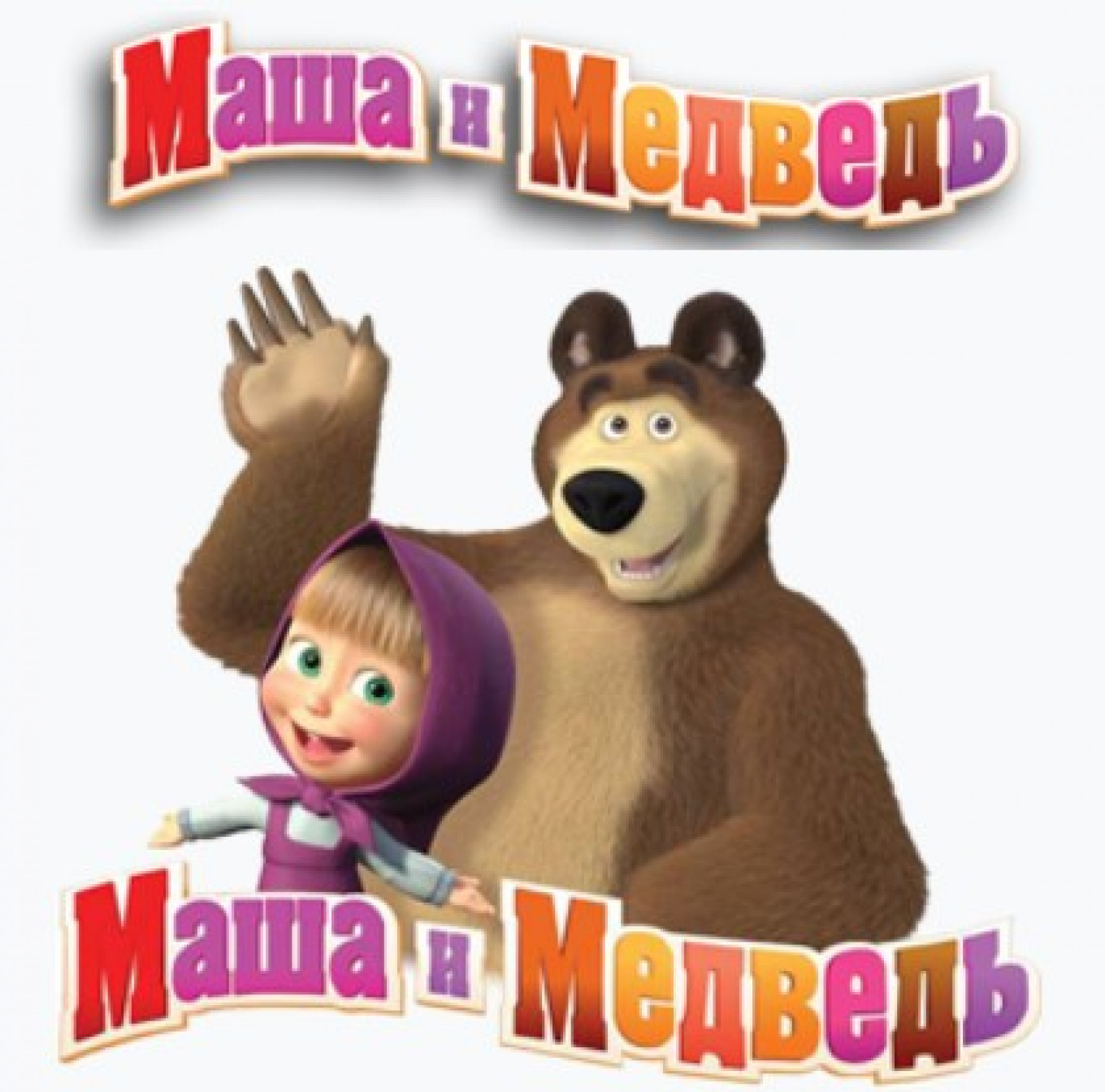
“Masha and the Bear” are a huge success in the Islamic world, Slashcheva added. Masha’s appearance — wearing long dresses and a traditional Russian headscarf — has great appeal for Muslim audiences. Slashcheva thinks this sort of creative decision should be more deliberate. “Today, we see the world’s largest film production companies have 'glocalization' policies. They create a product that is distributed globally, but is also modified to accommodate the traditions, culture and needs of each local market.”
Sergei Kapkov, head of the Center for the Culture Economy, Urban Development and Creative Industries Research at Moscow State University, stressed that Russia should expand its range of creative industries. “The Russian-speaking world is a market of 350 million people… but music, for example, knows no language boundaries,” he said.
Kapkov also believes it is high time to exchange the “Made in Russia” label for “Created in Russia” instead. “We really ought to start thinking about producing goods where it makes sense economically, and not insist on making everything in Russian at any cost, no matter what,” he said. “Russia should be focusing on technology, and if production facilities are based in China, that’s great as long as it makes sense economically.”
A Message from The Moscow Times:
Dear readers,
We are facing unprecedented challenges. Russia's Prosecutor General's Office has designated The Moscow Times as an "undesirable" organization, criminalizing our work and putting our staff at risk of prosecution. This follows our earlier unjust labeling as a "foreign agent."
These actions are direct attempts to silence independent journalism in Russia. The authorities claim our work "discredits the decisions of the Russian leadership." We see things differently: we strive to provide accurate, unbiased reporting on Russia.
We, the journalists of The Moscow Times, refuse to be silenced. But to continue our work, we need your help.
Your support, no matter how small, makes a world of difference. If you can, please support us monthly starting from just $2. It's quick to set up, and every contribution makes a significant impact.
By supporting The Moscow Times, you're defending open, independent journalism in the face of repression. Thank you for standing with us.
Remind me later.


